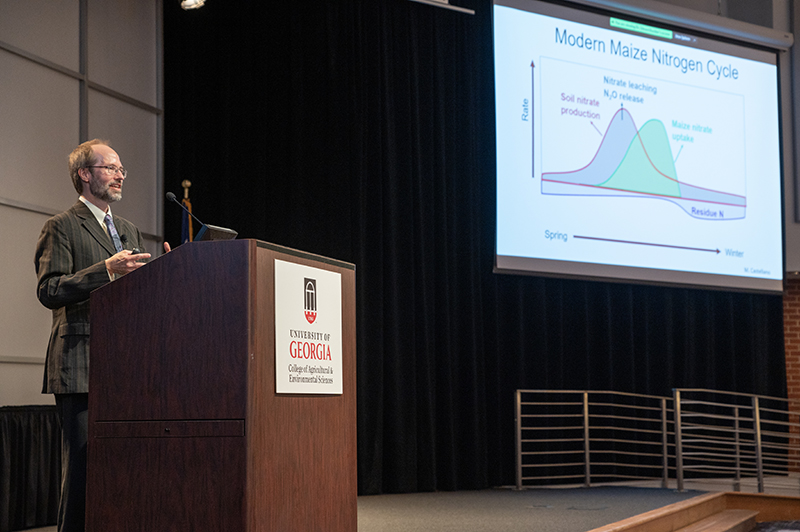 CAES News
CAES News
Harnessing genetics to combat climate change
Without direct intervention, food systems could be the largest contributor to environmental pollution by mid-century. This warning — and more importantly, the research efforts in place to make change — were highlighted in Edward Buckler’s keynote address at the 2023 D.W. Brooks Lecture and Awards. “Right now our food system is costing us more than the value we are getting out of it. This is something we need to fundamentally address,“ said Buckler, a research geneticist with the U.S. Department of Agriculture Agricultural Research Service.

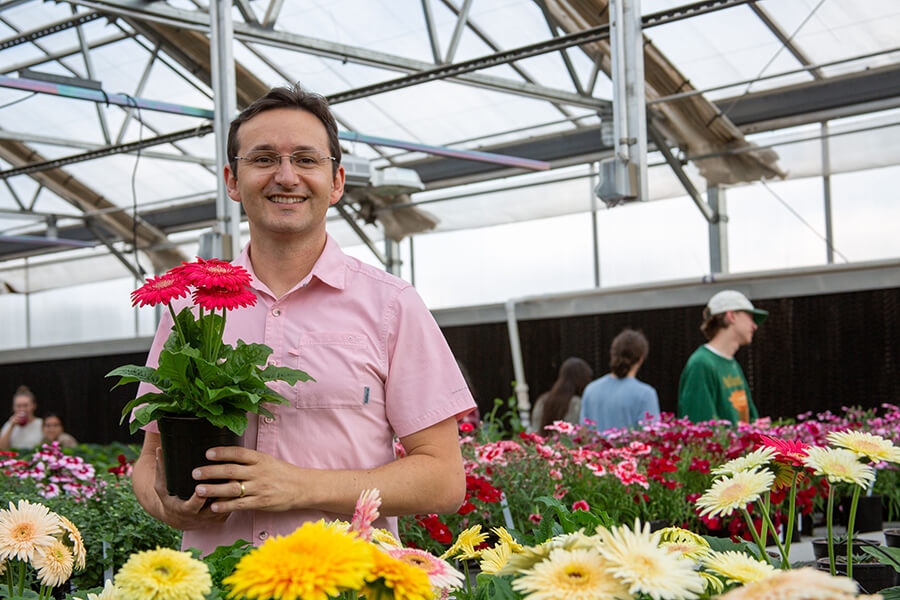

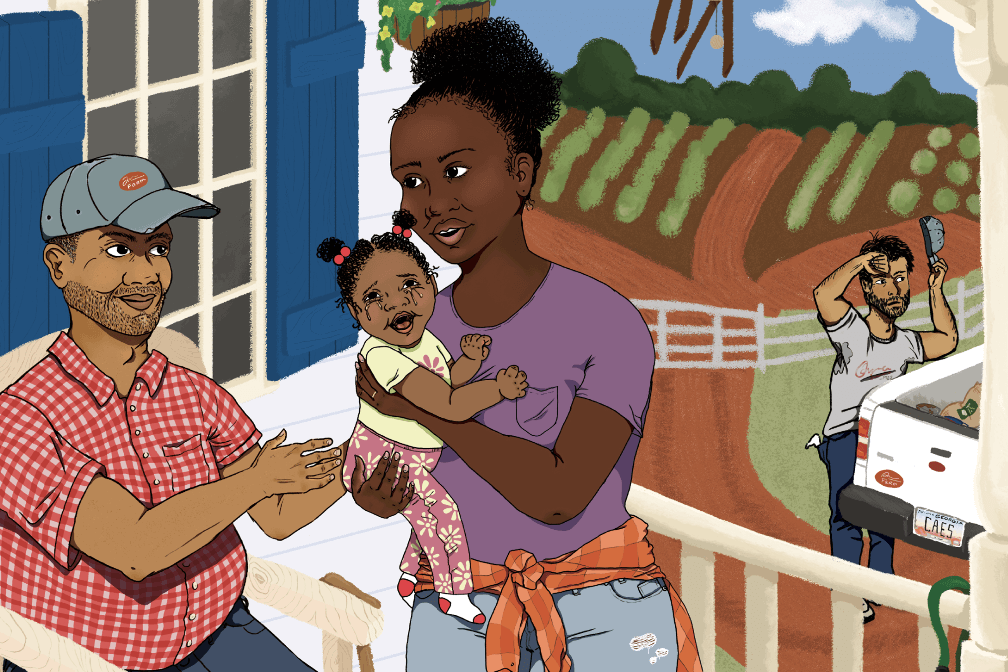


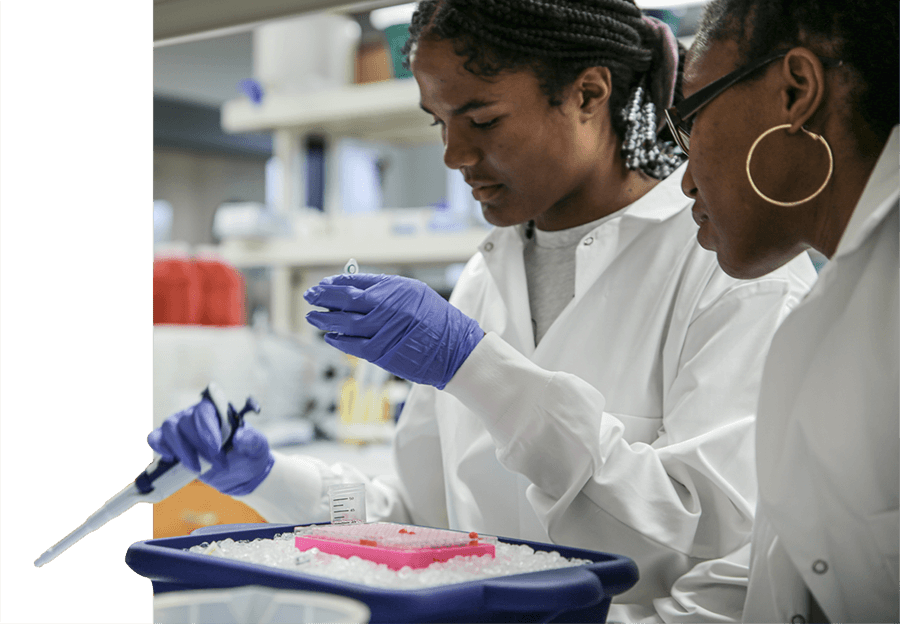
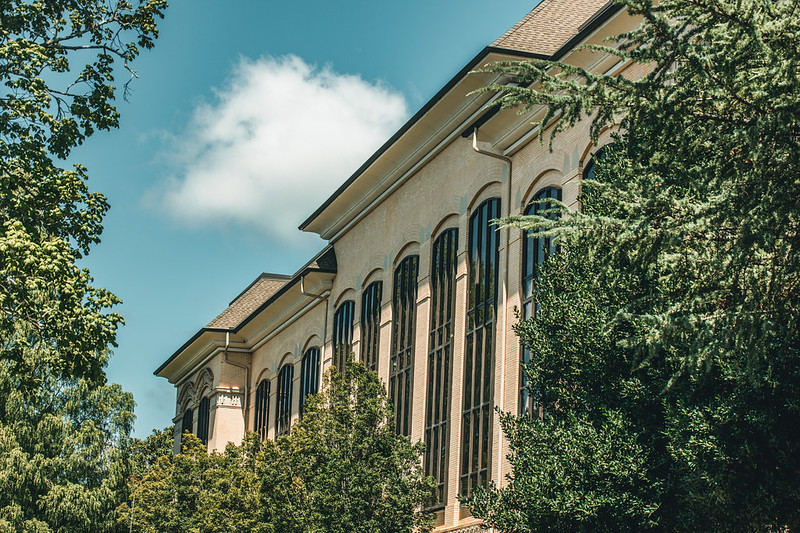
.png)